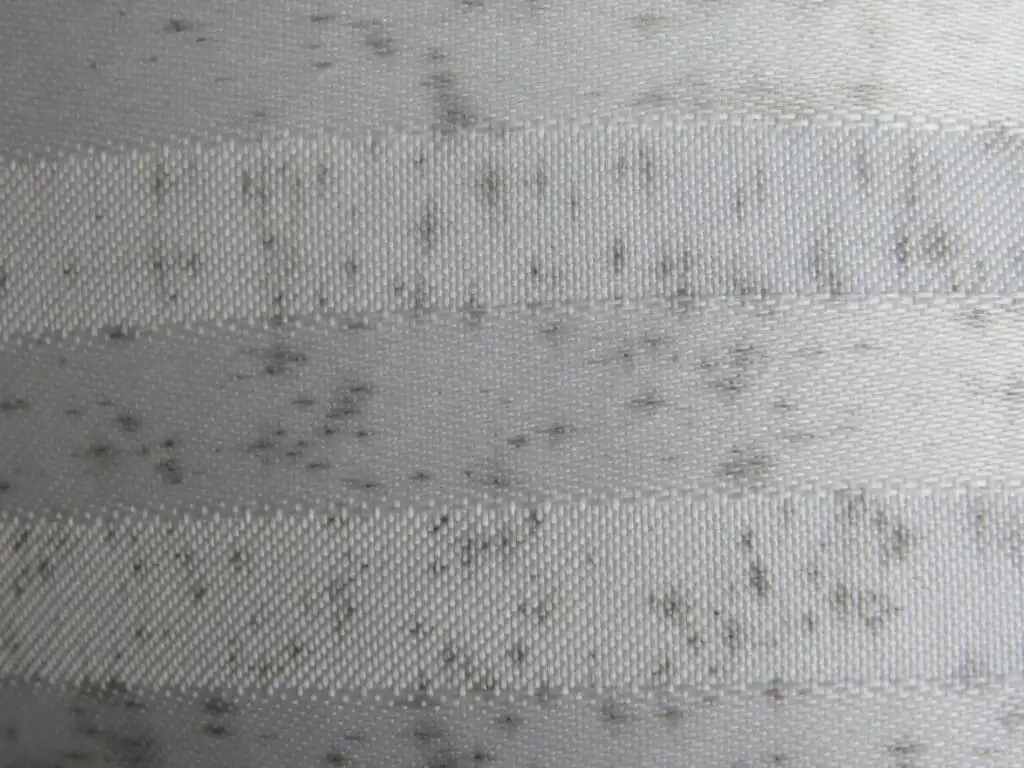When Fall Arrives, So Does the Mold: How Your Basement Affects Your Air
Fall brings cooler air and closed windows, but for many Alabama homeowners, it also brings something else: a wave of musty air, allergy flare-ups, and unexplained humidity. If that sounds familiar, your basement or crawl space could be the reason.
As homes seal up for the season, air from below has nowhere to go but up. That means any mold, moisture, or stale air in your basement doesn’t stay put; it spreads into the rest of your home.
What Moisture Adds to Your Indoor Air
When moisture builds up in a basement or crawl space, the problem doesn’t stay below ground. The air in these spaces is part of your home’s overall air system, especially in the fall, when windows are shut and ventilation slows down. That means whatever is in the air below your home gradually spreads to the rooms where you live, eat, and sleep.
Here’s what that air can carry:
- Mold spores – These microscopic particles are easily airborne. Once inhaled, they can cause sinus pressure, coughing, itchy eyes, or even trigger asthma attacks.
- Musty odors – That basement smell? It’s often caused by mold and mildew feeding on damp materials. And when it rises into your living areas, no candle or air freshener will truly fix it.
- High humidity – Moist air doesn’t stay put. As it rises, it increases indoor humidity, making your whole home feel sticky, heavy, or harder to cool and heat efficiently.
- Dust mites – Moisture creates the perfect environment for these microscopic pests to multiply. For people with allergies, they’re a major trigger, and most don’t realize they’re thriving in the air pulled up from a crawl space.
- Bacteria and VOCs – In more advanced cases, standing water and rotting organic materials can begin to release additional contaminants that circulate with the air.
Even if you rarely go down into the basement or crawl space, you’re still breathing what comes out of it. And during the fall, when airflow slows and sealed windows trap air inside, the problem becomes harder to ignore.
What Causes Basement Moisture in Alabama Homes?
Moisture problems aren’t just a northern issue. In fact, homes in Alabama are especially vulnerable, thanks to a combination of red clay soil, high humidity, and seasonal storms.
Here’s why basement and crawl space moisture is so common in this region:
- Clay-heavy soil expands when wet and shrinks when dry, putting pressure on foundations and opening pathways for water
- Year-round humidity creates condensation on walls, floors, and ductwork
- Frequent storms and poor grading can push water right up against the home’s foundation
- Older homes often lack vapor barriers or sealed crawl spaces, allowing moisture to enter freely
- Vented crawl spaces, still common across the South, pull humid air inside instead of letting it escape
Even if your home doesn’t have standing water, moisture in the air and walls can quietly create the conditions mold needs to thrive, and once it starts, it spreads.
How to Fix Basement Moisture and Get Rid of Mold Before It Spreads
If your basement or crawl space feels damp, smells musty, or shows early signs of mold, the best thing you can do is stop the moisture at its source. Surface-level fixes like air purifiers or dehumidifiers might help for a while, but they don’t solve the core problem: water getting into your foundation and lingering in the air.
That’s where professional basement waterproofing or crawl space encapsulation makes a lasting difference. At SouthernDry, we install full drainage systems, vapor barriers, sump pumps, and sealed encapsulations to keep moisture out and mold from coming back.
These systems don’t just keep your basement dry. They protect your home’s air quality, structure, and long-term value from the ground up.
Why You Shouldn’t Wait Until Winter
Once the windows are shut and the heat comes on, there’s no easy way for indoor air to cycle out. That means whatever’s in your basement, musty air, mold spores, or high humidity, gets trapped inside with you. The longer it sits, the more time it has to affect your health and your home.
Addressing basement moisture in the fall gives you time to act before the cold fully sets in. Whether you need full crawl space encapsulation or interior waterproofing, getting it done now means you’re ready for winter with cleaner, drier air from the ground up.
At SouthernDry, we help Alabama homeowners protect their homes and breathe easier all year long.
